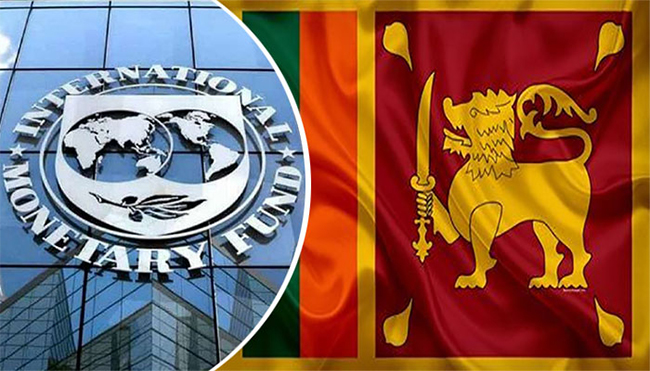Sri Lanka’s dollar bonds took a significant hit following the victory of leftist candidate Anura Kumara Dissanayake in the presidential election, raising concerns about the country’s $3 billion International Monetary Fund (IMF) bailout and ongoing debt restructuring deals.
Bonds maturing in March 2029 saw a sharp decline of 3.1 cents, their biggest drop in nearly two years, closing at 50.2 cents on the dollar as of September 23.
Despite this, the S&P Sri Lanka 20 Index of blue-chip stocks managed to reverse earlier losses, climbing 2.2% in intraday trading. Additionally, the rupee strengthened as Dissanayake expressed a commitment to international support and collaboration with the global community.
Dissanayake had previously promised to renegotiate the IMF’s bailout conditions, which included spending cuts and tax increases that were unpopular with voters. His win has raised concerns among investors, with Tellimer strategists Hasnain Malik and Patrick Curran calling it “the worst possible outcome for Sri Lanka’s bonds.”
Sri Lanka’s 2029 dollar bonds are on track for a nearly 15% decline this quarter, a stark contrast to last year’s 70% return, one of the highest in emerging markets.
Concerns have grown over whether the new government will uphold the agreement with creditors or push for new terms, potentially leading to fresh negotiations. However, Colombo Stock Exchange Chairperson Dilshan Wirasekara expressed optimism that the IMF programme would remain largely intact, with only minor adjustments to the debt restructuring deal.
Last week, Sri Lanka reached an agreement in principle to restructure $12.6 billion in debt, although some members of Dissanayake’s National People’s Power coalition had voiced opposition to the terms.
Market sentiment will now depend on the new administration’s approach to economic policy and debt negotiations, according to John Keells Stock Brokers’ head of research, Navin Ratnayake.


